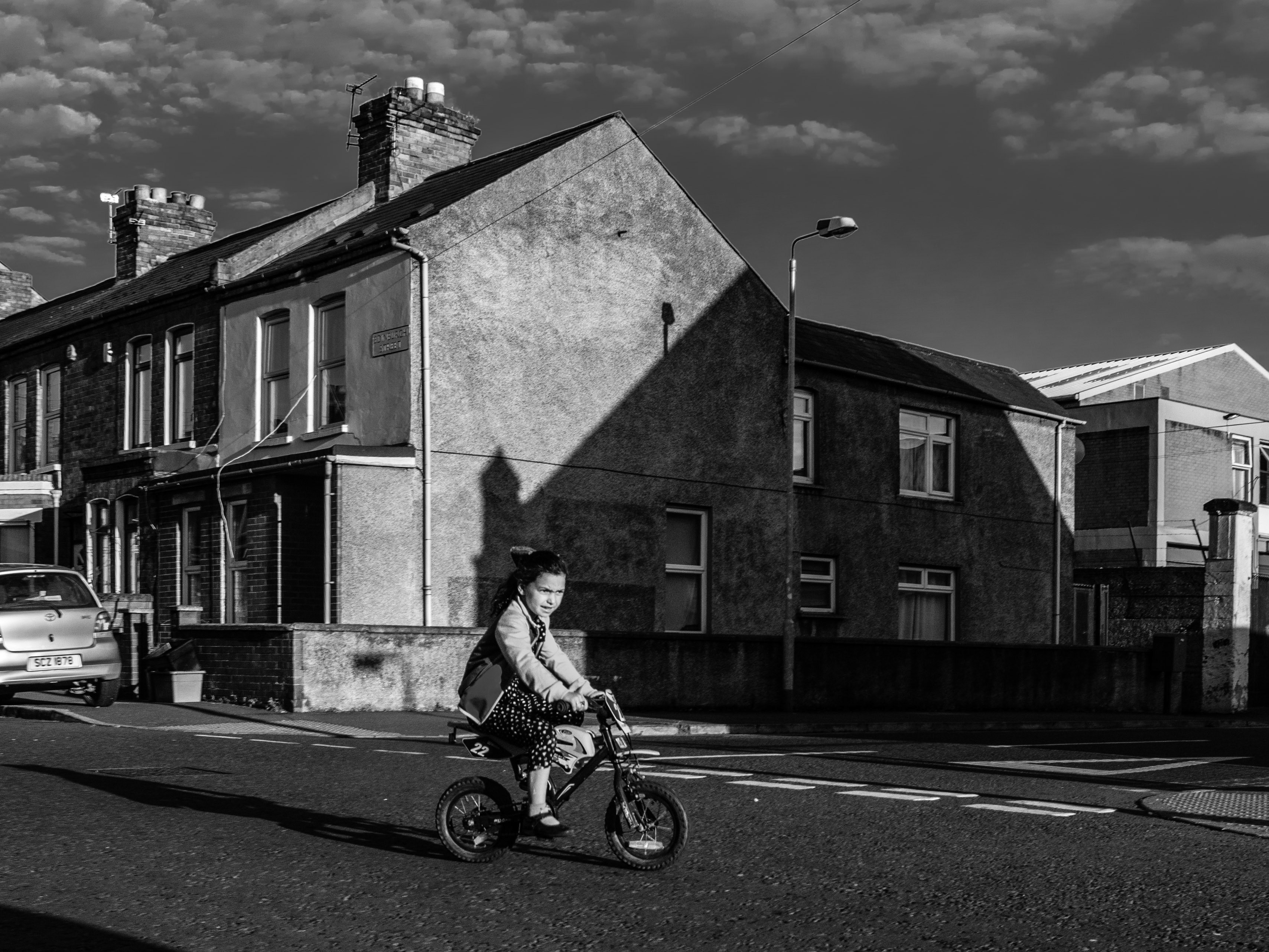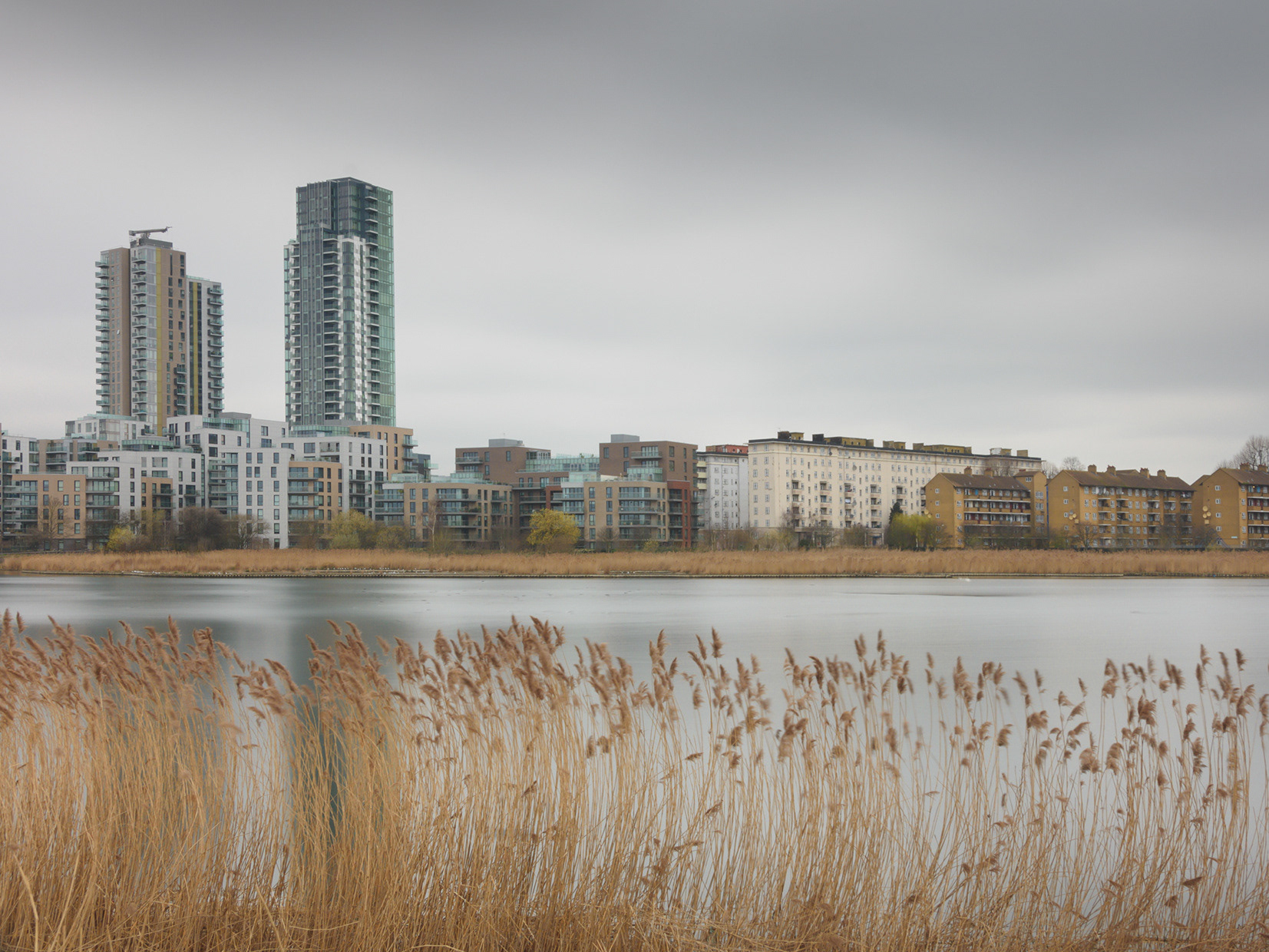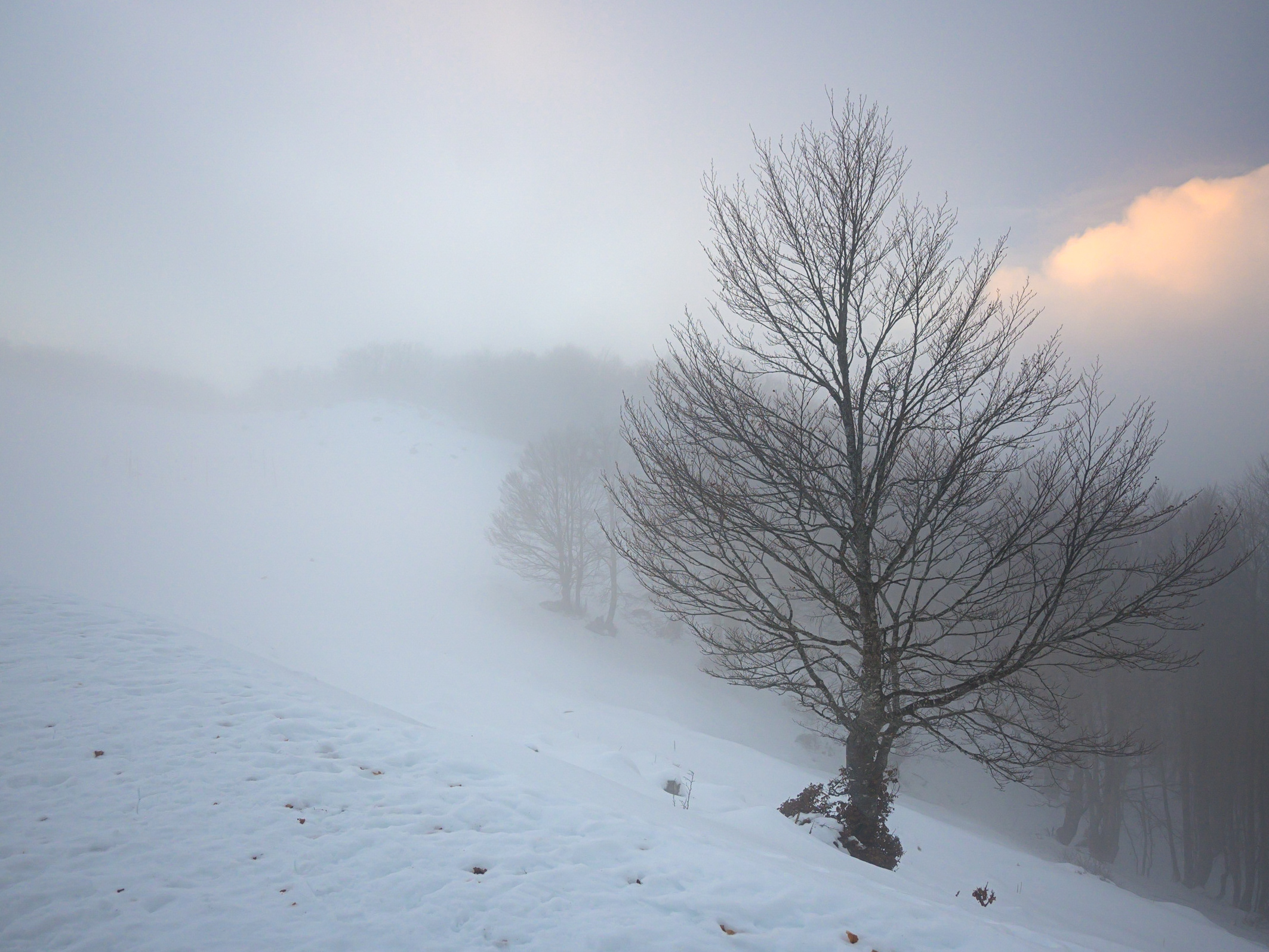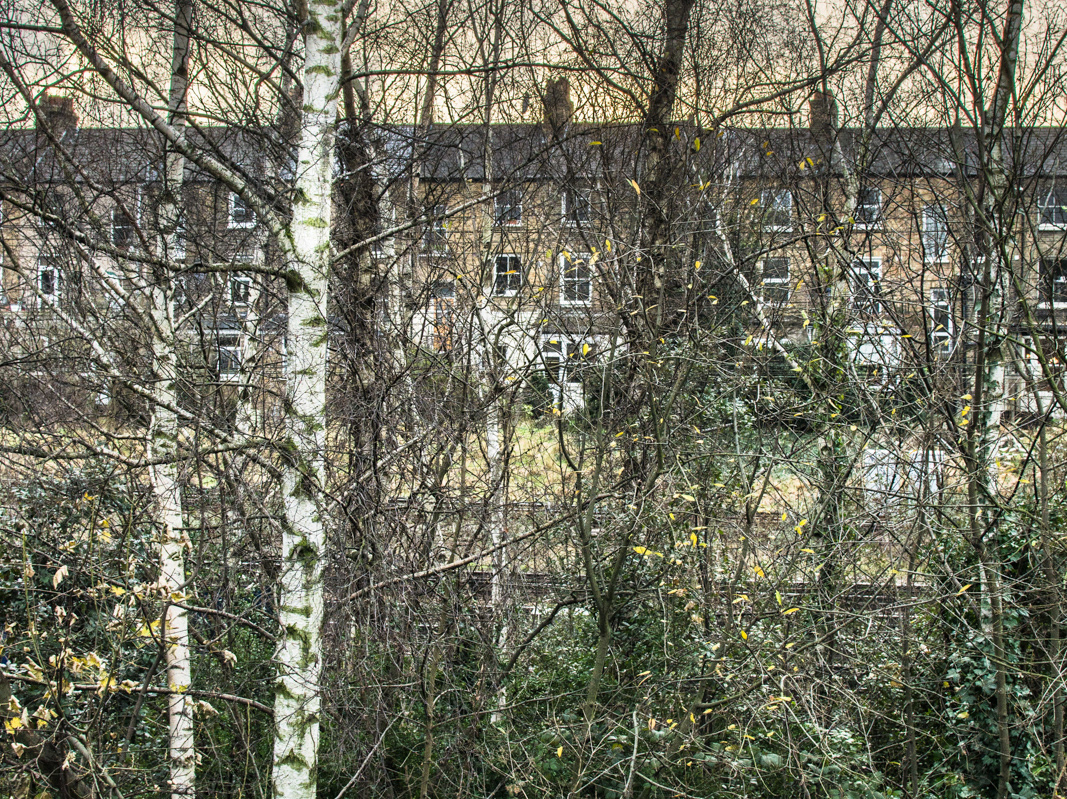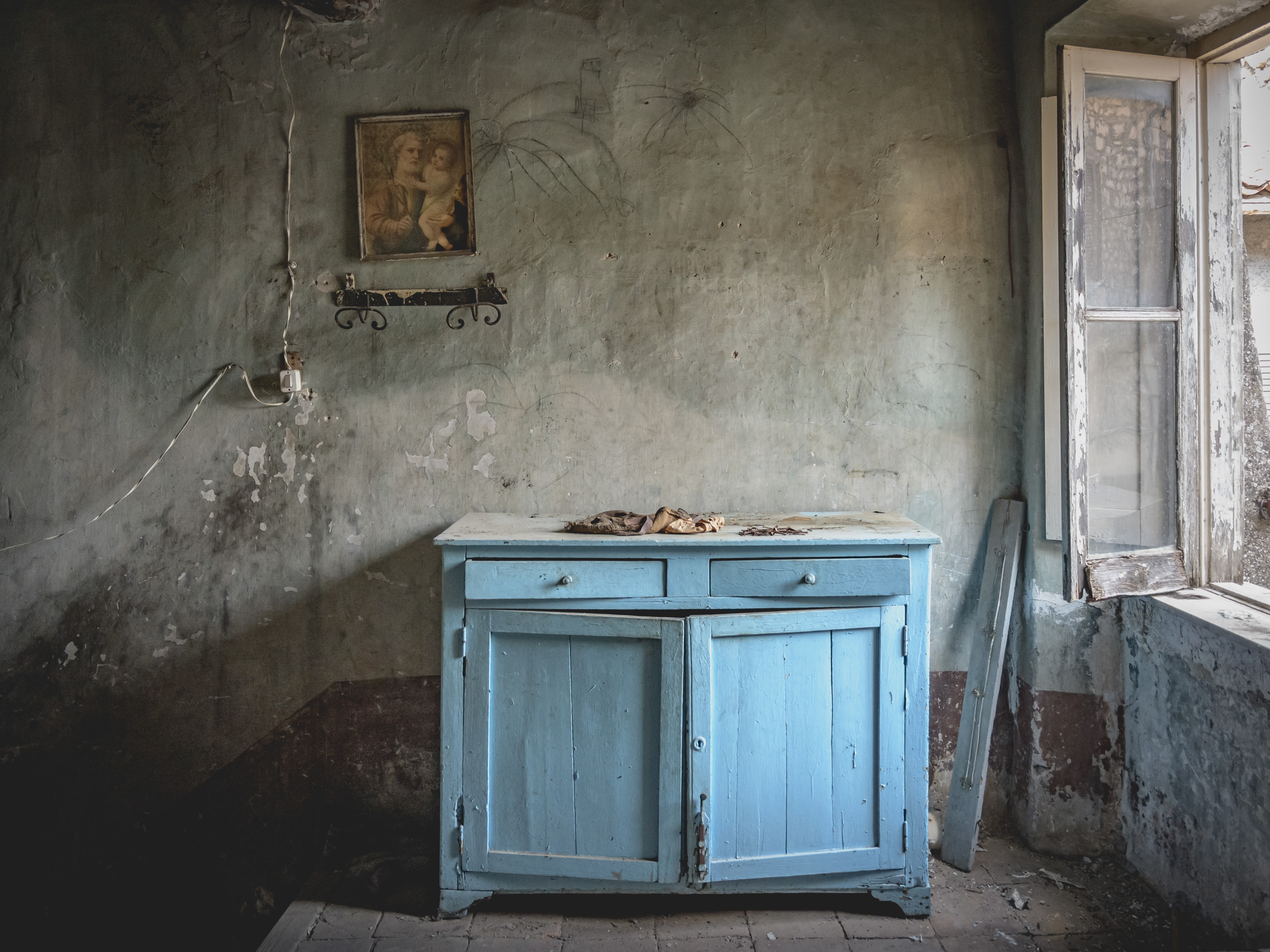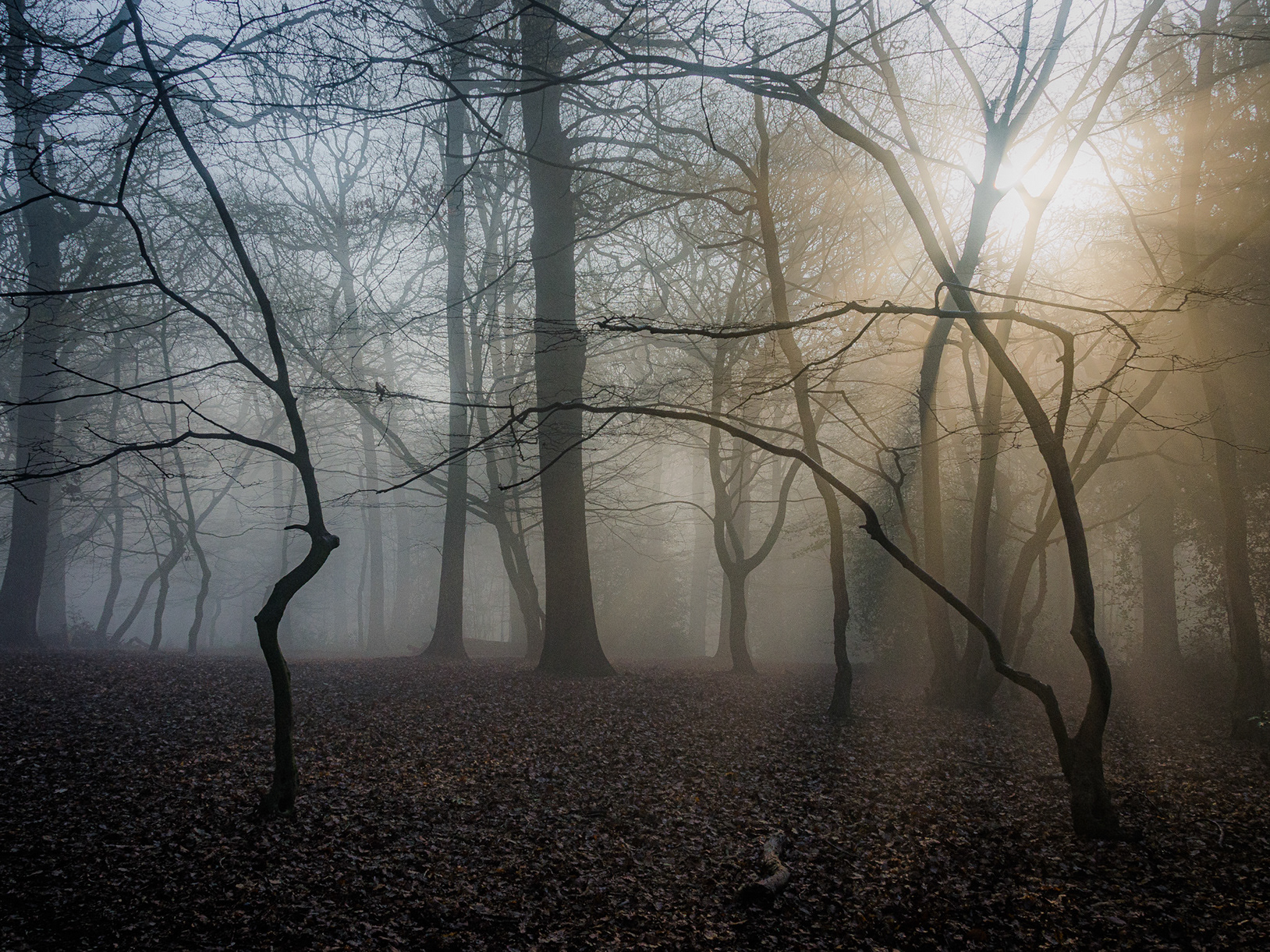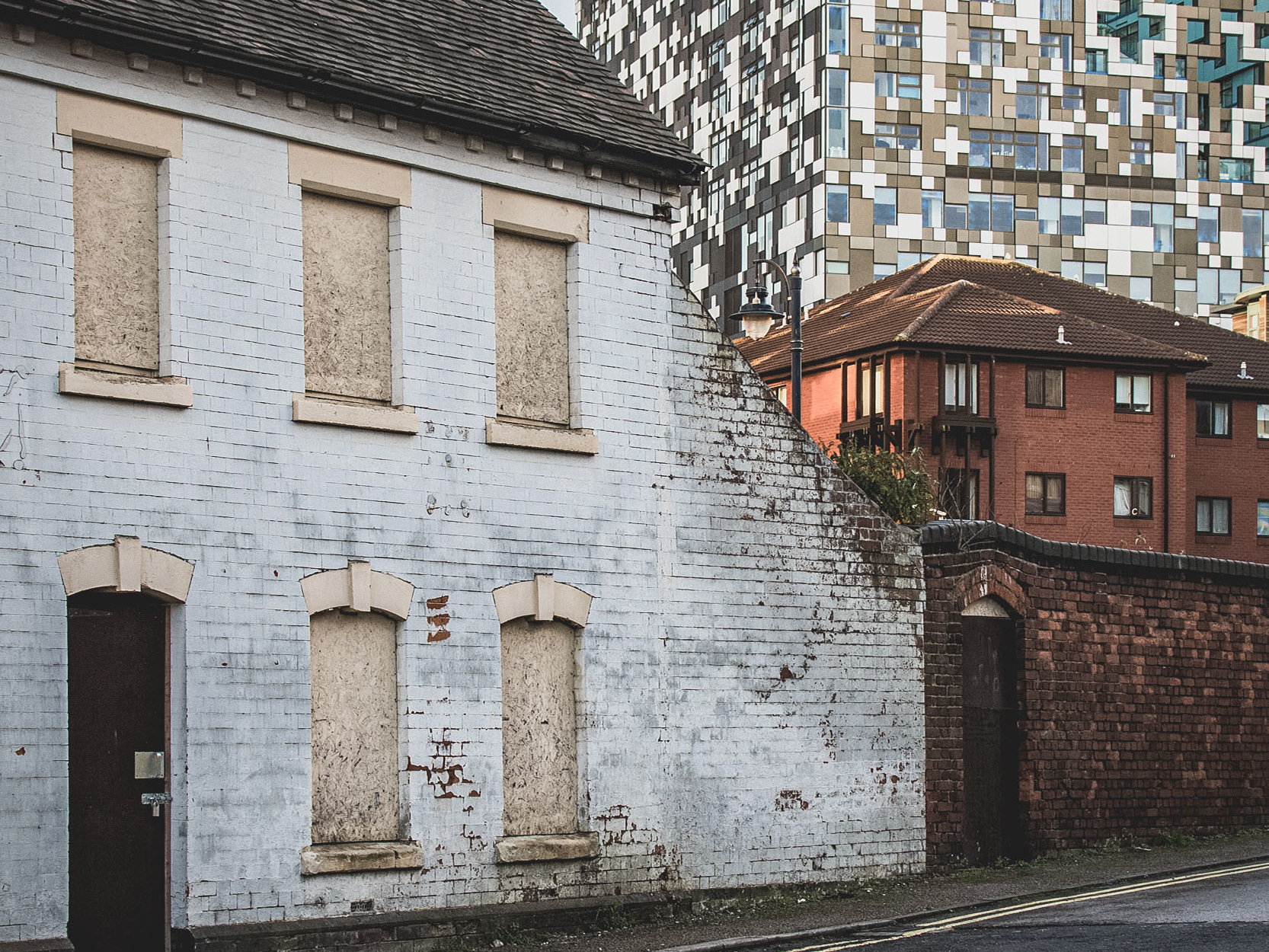I COULDN'T BEAR TO LISTEN
Not everyone knows that there is a former internment camp not far from the city centre of Alatri in the Ciociaria area of central Italy, just 40 miles from Rome. The camp Le Fraschette was built to host prisoners of war during the Second World War but instead on the 1 October 1942 it opened to intern up to 5500 civilians, including many children and elderly. In the years 2021 2022, whilst the world was gripped by the covid pandemic, I photographed the ruins and remains of the internment camp which form the images that make up my series I Couldn’t Bear to Listen. The work aims to reflect my shock at finding that within the beautiful pastoral countryside of Ciociaria, I discovered that the first internees of Le Fraschette were the Anglo-Maltese from Tripoli Libya, who like me are British citizens. The Maltese community in Tripoli was long established and coexisted peacefully with the Libyans and then the Italians after their invasion of Libya in 1911. But this peaceful coexistence started being undermined as the Italian fascist influence in Libya started a campaign of obstruction to their everyday lives, They found themselves monitored by the Italian police, occasionally jailed, and excluded from social functions. When on 10 June, 1940, Italy entered the war, the first security measures were undertaken to expel the Maltese community from Tripoli, who were now being accused of spying on the Italians for the British crown. It was on 15th January 1942 that the relocation of over 2,000 people – practically the entire Maltese community – began. By the 18th January 1942 they had been placed on three merchant ships and left Libya for Italy. The internees of Le Fraschette lived in appalling conditions after losing everything other than what they could hastily gather to bring with them. There was a shortage of food, medicines and clothing and the living conditions were unhygienic due to the overcrowding and precariousness of the damp cold wooden shacks which were built in great haste. The Maltese community were repeatedly told that they could regain their liberty by becoming Fascist sympathisers, but the majority of them stayed loyal to their British roots. After researching the history of Le Fraschette and reading stories of survivors, the photographs in I Couldn’t Bear To Listen, aim to reflect the story of the Anglo-Maltese internees and the memories now held in the landscape itself. The series includes images that document some of the physical remains from after the second world war where the camp was rebuilt and in its final phase of use, gave temporary accommodation to Italian refugees from Egypt, Tunisia and then Libya linked to the end of Italian colonialism and the expulsion of European immigrants from these nations. Although little remains today, the memories are held in the earth and landscape. The past should never be forgotten.
